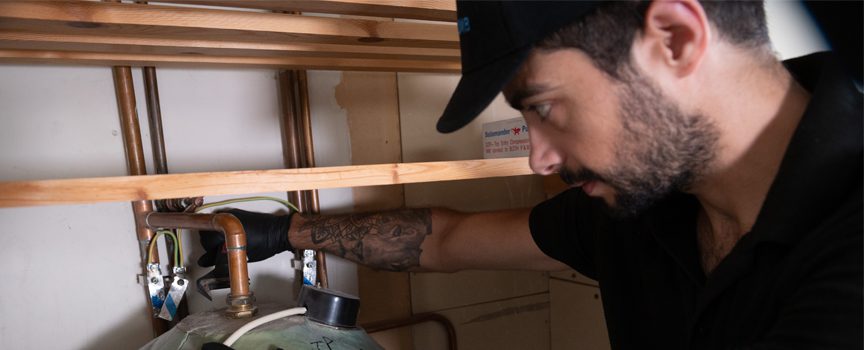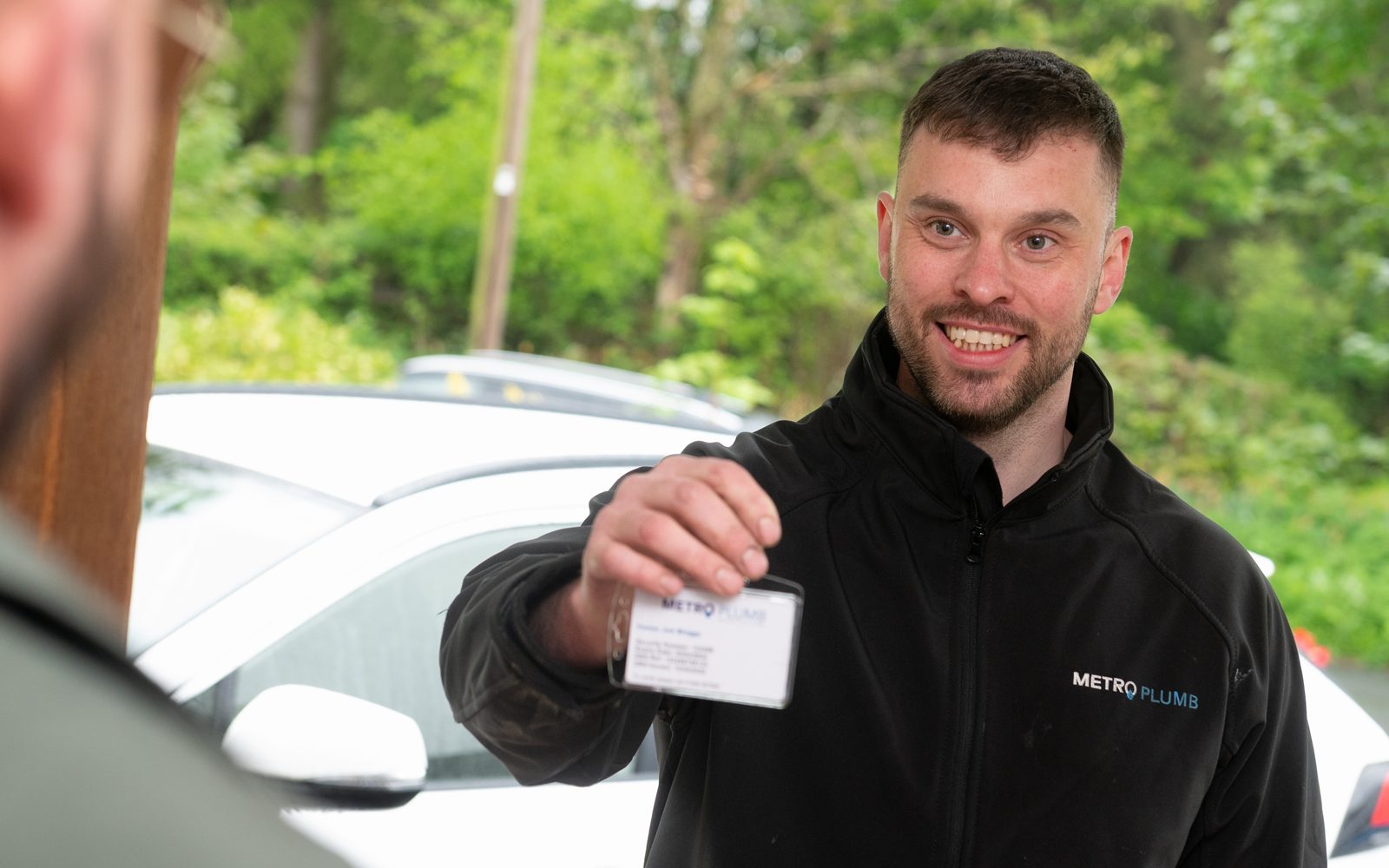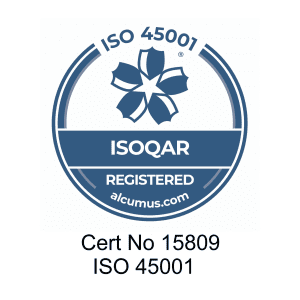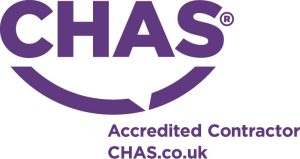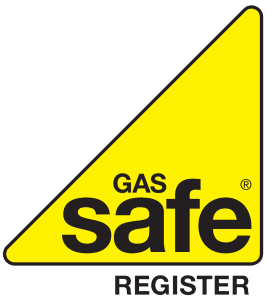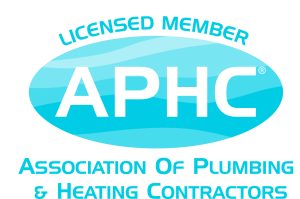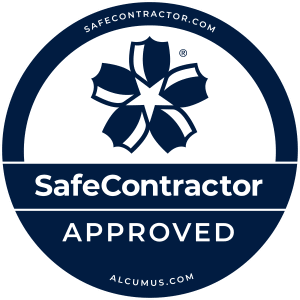Unvented Cylinder Installation and Service
Unvented cylinders, also known as unvented hot water cylinders, are becoming more and more popular across the UK. They are often found in larger new build houses as a way to store pressurised hot water and ensure you have a consistent hot water supply. No matter what type of unvented cylinder you have, it’s essential to stay on top of your unvented cylinder service history to prevent issues with your hot water supply.
At Metro Plumb, our team of G3-qualified, expert plumbers are available across the UK to help with any unvented hot water cylinder service, repair or installation. Whether it’s an annual service or an emergency fault, our plumbers are available 24/7/365 to help.
The installation, repair and servicing of all unvented cylinder systems must be completed by a G3-qualified plumber.
Noticed a problem with your cylinder or hot water supply? Then give us a call on 0808 250 9949 or fill out the form today and we’ll be happy to help!
Unvented Cylinder Installation, Service and Repair
No matter the model of unvented cylinder, our highly trained plumbers can maintain, repair and replace every aspect of the system to give you peace of mind and a consistent hot water supply. Our unvented cylinder services include:
Unvented cylinder installation
Unvented hot water cylinder service
Unvented cylinder repairs
Unvented indirect hot water cylinders
Inconsistent hot water supply
Repair of leaking pipework
Repair of hot water tanks
Airlock issues
Repair of faulty or broken unvented cylinders
What is an Unvented Cylinder?
An unvented cylinder is a type of hot water storage system that operates under pressure directly from the mains water supply, without the need for a cold water tank. It provides a high flow rate of hot water to multiple outlets simultaneously. The system is sealed and as a result, it maintains water pressure, giving homeowners more powerful showers and faster-filling baths. The unvented cylinder is also highly efficient, as it reduces heat loss.
An unvented cylinder requires several safety features like pressure relief valves and expansion vessels to prevent overpressure. These should always be installed from day one and checked during each unvented cylinder service.
The History of Unvented Cylinders
The use of unvented cylinders for hot water storage first began in the late 1800s, however, there were many risks associated with unvented cylinders so they weren’t a popular option. Once the UK government made the appropriate legislative changes to allow the safe use of unvented cylinders in 1986, the demand for unvented hot water cylinders rose significantly. Fast forward to today and many properties now have unvented cylinders, particularly large properties where a combi boiler cannot provide enough hot water for the demand.
The Common Faults and Risks of Unvented Cylinders
Unvented cylinders, commonly used in domestic hot water systems, can experience various issues such as pressure problems, overheating, and leaks. High pressure may arise from a faulty pressure relief valve or expansion vessel, while low pressure could result from leaks or issues with the cold-water supply. Overheating often stems from thermostat malfunctions, which, if left unchecked, can pose serious safety risks. Limescale build-up, particularly in hard water areas, reduces efficiency and can cause noise, as well as stuck or faulty safety valves that prevent the system from properly managing excess pressure or temperature.
Poor installation, airlocks, and electrical issues also frequently occur, impacting the performance and safety of the unvented cylinder. Incorrect installation can lead to inefficiencies and leaks, while airlocks can disrupt the hot water supply. For cylinders with electric immersion heaters, electrical faults such as blown fuses or faulty wiring can result in no hot water. Regular maintenance by a qualified professional is essential to prevent these issues and ensure the safe, efficient operation of an unvented cylinder.
How Our Unvented Cylinder Services Work
Our local, professional plumbers are G3 qualified, fully insured and DBS checked, so we’re ready whenever you are. You can rely on Metro Plumb to get your unvented hot water cylinder problems sorted in no time.
Book a local plumber, 24/7 365, at a time that suits you.
You’ll get a fast, fixed price, no obligation quote.
Our expert plumber will arrive to carry out the work.
Why Metro Plumb?
We are a national plumbing company with over 40 depots across the UK and we’re dedicated to putting the needs of our local customers first. Your satisfaction is our number one priority, in fact, the majority of our work comes as referrals from happy customers, which is a testament to our level of service.
24/7/365 Availability
Highly qualified local plumbers
Fixed local prices, no obligation quotes
Frequently Asked Questions About Unvented Cylinders
Where can an unvented cylinder be used?
Unvented cylinders, or unvented hot water cylinders, are typically found in large homes with multiple bathrooms.
How often should an unvented cylinder be serviced?
It is highly recommended to service your unvented cylinder at least once a year, and this may even be written into the terms and conditions of your home insurance policy, and the warranty of your cylinder.
Can any plumber work on an unvented cylinder?
No, only G3-qualified plumbers can work on unvented cylinders due to the increased risks associated with this type of hot water storage. Metro Plumb has G3-unvented plumbers across the UK to help.
How can I tell if I have an unvented cylinder?
Unvented cylinders don’t rely on a water tank in the loft, if you don’t have this tank then you will most likely have an unvented cylinder. Another way to tell is to look for an expansion vessel next to your tank. These are small tanks used to protect your tank from high pressure. If your tank has one of these then it’s an unvented cylinder.
How can I tell if I have a problem with my unvented cylinder?
The most common telltale sign is no hot water, either through cold water coming out of the tap or no water at all. Other signs include strange or loud noises coming from your system, extremely hot water or even water that has a funny smell to it.
Can I upgrade my open-vented cylinder to an unvented cylinder?
Yes, it is possible to change from one system to another, however, it is not recommended to do this yourself. Only a G3-qualified plumber should complete any work on an unvented cylinder. It’s also not an easy like-for-like swap and you will need a lot of your heating system replacing when making this change. Although this is going to be costly, it may end up being more cost-effective for you in the long run and will give you better water pressure throughout your property.
Need some help and advice?
Our teams are experts in all things plumbing – so here they share some of their tips, guidance and advice with you.


